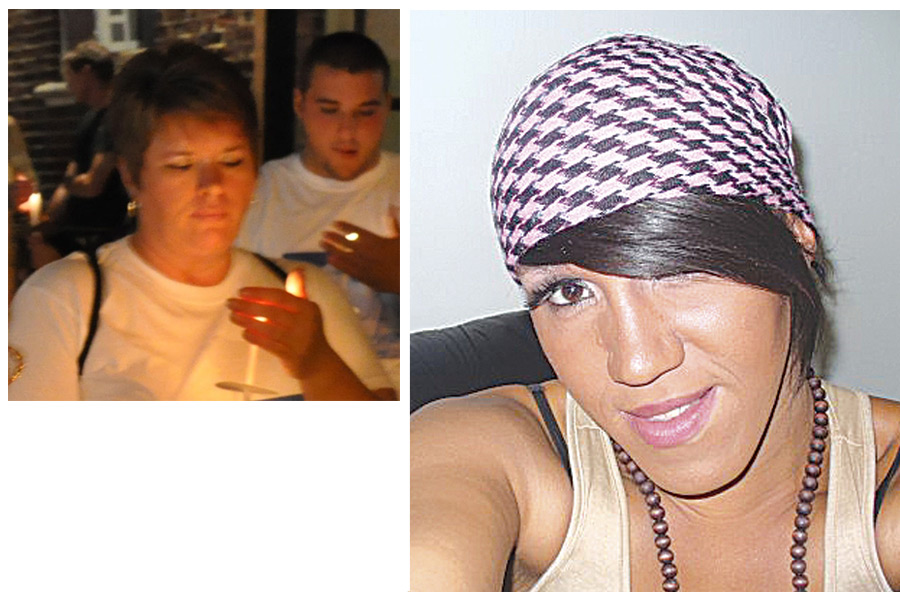A lot has changed for Dawn Maher in the last four years.
She cannot sleep with the windows open. She struggles with memory and gauging time. She finds it hard to travel into Philadelphia, and has had panic attacks when she has visited the city.
The struggles stem from the murder of her daughter, Kyra Cordova, Sept. 3, 2012.
Cordova was shot in the head in the early morning hours of Labor Day. Her body was found later that day in a wooded area off of the 1100 block of Adams Avenue. Cordova, 27, identified as a transgender woman.
Police said in the fall of 2012 they’d had a person of interest in mind, but an individual was never publicly identified and no arrest has been made.
“They never contact me,” Maher said about detectives assigned to the case. “I’ve had to go through hundreds of letters to get a response. Literally the only time I got a call was when I wrote to the mayor, commissioner, sergeant, everybody from the detective up. Then I got phone calls.”
The Philadelphia Police did not respond to PGN’s request for an update on the case.
Maher contended that, while she thinks the department has made strides recently toward trans awareness, she worries that the case may not have been handled properly because of Cordova’s identity.
“I don’t feel our case was handled properly and I don’t think I was treated properly. At that particular time, I don’t feel they thought it was such a big deal,” Maher said. “I know it’s different now, which is a good thing, but I feel like they didn’t work quite as hard as they could have or should have. When they can’t even contact me to tell me what’s going on, I have no reason to think they care.”
Maher said she marks Sept. 3 each year by herself but that next year, for the fifth anniversary, she hopes to organize a community-wide gathering in tribute to Cordova and other local trans murder victims whose killers have not been arrested, like Stacey Blahnik and Nizah Morris.
“It’s becoming a bigger deal now,” Maher said about the growing awareness of violence against trans women. “On one hand, I’m very happy that this is happening but on the other hand, I’m very angry because that’s really all my kid wanted. I think of all the times she was insulted, suffered, was ridiculed and was spoken to harshly and all the problems it caused her. Here it is only a few years later and I hate that she had to be killed for that. But she was and maybe now her story can do something for somebody else.”
Maher said that an arrest would give her family the answers they’ve sought for four years, but more importantly would keep other families from experiencing the same pain they have.
“I would like to know why they killed her. That’s the only thing I would get if the person was caught, the only closure,” she said. “It wouldn’t change my situation at all, but mostly I wouldn’t want them to hurt anybody else.”

